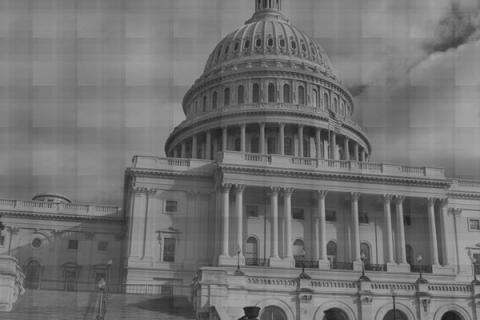A Rasmussen poll released February 8 reveals a tidbit that is at once shocking and unsurprising. Nearly half of all Americans think a chance collection of citizens could run the country more effectively than the existing Congress. According to the polling company:
“43% believe a group of people randomly selected from the phone book would do a better job than the current Congress. Thirty-eight percent (38%) disagree with that assessment, while another 19% are not sure.”
Meanwhile, another survey by Rasmussen tells a tale of utter incompetence. Only 5 percent of citizens believe that Congress is doing a good or excellent job, and that “a plurality of voters continues to believe most members of Congress are corrupt.”
Interpreting this data, one could easily conclude that the Occupy movement is only slightly off base when it pits the 99 percent against the 1 percent. It appears from these surveys that it’s actually 95 vs. 5 percent, since one possible conclusion is that the "corrupters" (through either direct contributions or under-the-table payoffs) are the only ones satisfied with Congress’ performance. In point of fact, the Rasmussen survey shows that only 1 percent of the population rates Congress’ performance as “excellent.”
Congressional approval has suffered a precipitous fall since just after the 9/11 terrorist attacks, when 70 percent of the public rated its performance as positive, according to an article by the Brookings Institution. The article goes on to note that the private sector has a particularly dim view of Congress, especially when compared to other countries:
“[F]or some time the U.S. has been far from a model country in governance. At the start of the past decade, there were 15 countries around the world with better governance on average than the U.S. By the end of the decade, there were over 25 countries with better governance than the U.S. Such subpar performance in general on governance performance can be attributed in part to the performance of Congress.”
Interestingly enough, other public institutions in the U.S., as well as Parliaments around the world, are doing far better than Congress in terms of approval by the private sector, as well as the general public. These numbers demonstrate that the situation is not hopeless, and that Congress could improve its own image with the public by avoiding partisan brouhahas such as the debt ceiling battle. The article concludes:
“The U.S. Congress itself has seen much better days. The American people and the world are hoping that Congress can rise to the task at hand….”
But in order to raise its perception in the eyes of the public, individual members of Congress will need to pull back from their partisan bickering and pull together for the sake of the nation. Can this happen in an era of stringent party loyalty? Or will it take a wholesale revamping of the two-party system to change the political equation?
One certainty is that the numbers for Congressional performance will not improve without some change in the thought process currently driving the members.

